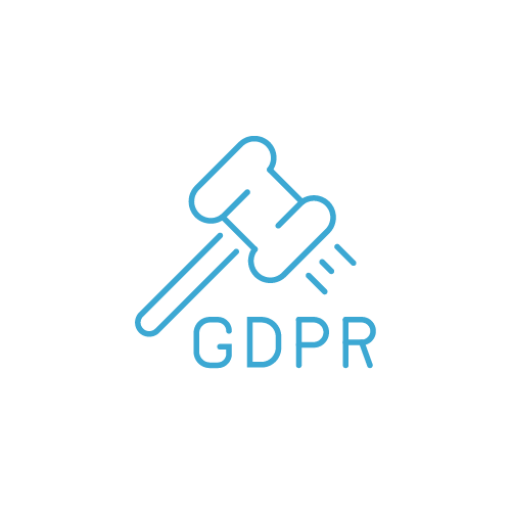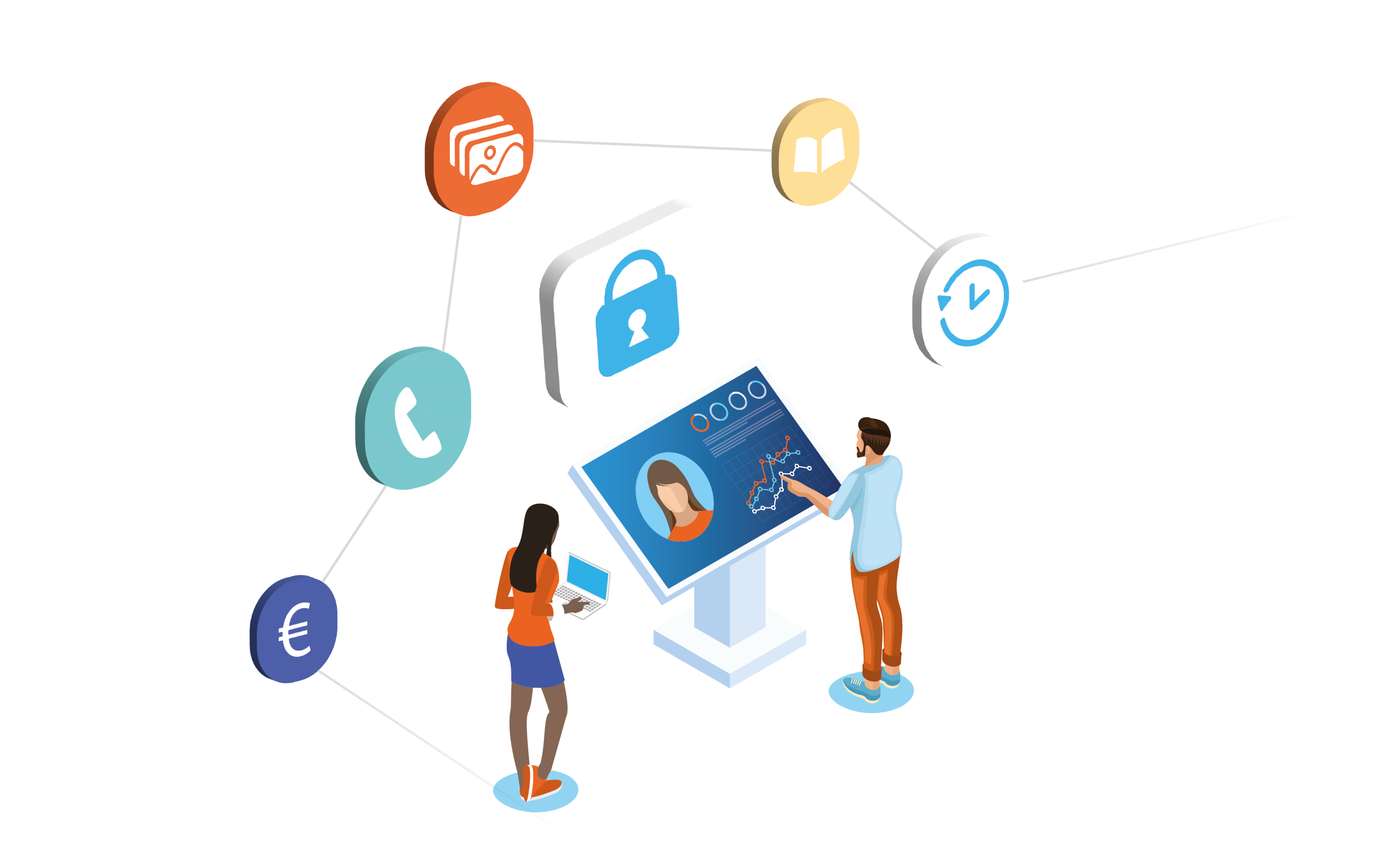Personal data and its processing is a core component of any organisation’s activities, no matter how big or small they are. Here are five reasons why data protection is important and why it is beneficial for your organisation to comply with data protection law:
1. It is a fundamental right protected by law.

Data protection is protected by the EU Charter of fundamental rights. The right to data protection is a right that may impact the effectiveness of other fundamental rights, such as freedom of speech, freedom of thought or freedom of assembly.
Since the General Data Protection Regulation (GDPR) came into force in May 2018, EEA organisations must ensure that individuals’ personal data is adequately protected by following certain procedures required by this Regulation. Failure to comply with the GDPR may result in a hefty fine: as high as 20 million euros or 4% of an organisation’s annual turnover.
2. It helps to build trust.

Individuals are increasingly aware of their right to privacy and their right to the protection of their personal data.
Mismanagement of personal data can quickly damage the public reputation of an organisation and can quickly undermine the trust individuals may have, which often takes years to build. As such, an organisation that demonstrates good compliance with the GDPR, through robust procedures for example, is more likely to build trust amongst its users or customers.
3. Make data protection a part of your branding.

An organisation known for its services, as well as its diligent approach to data protection is more likely to retain users or customers.
4. It prevents fraud and cybercrimes.

Applying strong data protection measures and safeguards not only protects individuals’ or customers’ personal data, but also your organisation’s data. Therefore avoiding considerable problems, which may damage your reputation or your organisations’ confidential information.
5. It saves you time and money.

Dealing with the aftermath of a personal data breach, such as a hacker attack, can be costly and time-consuming, between contacting individuals that are affected by this event and having to potentially pay fines and award damages to individuals concerned.
To reduce the risk of facing this situation, respecting the GDPR is key.
